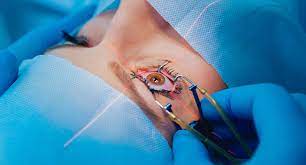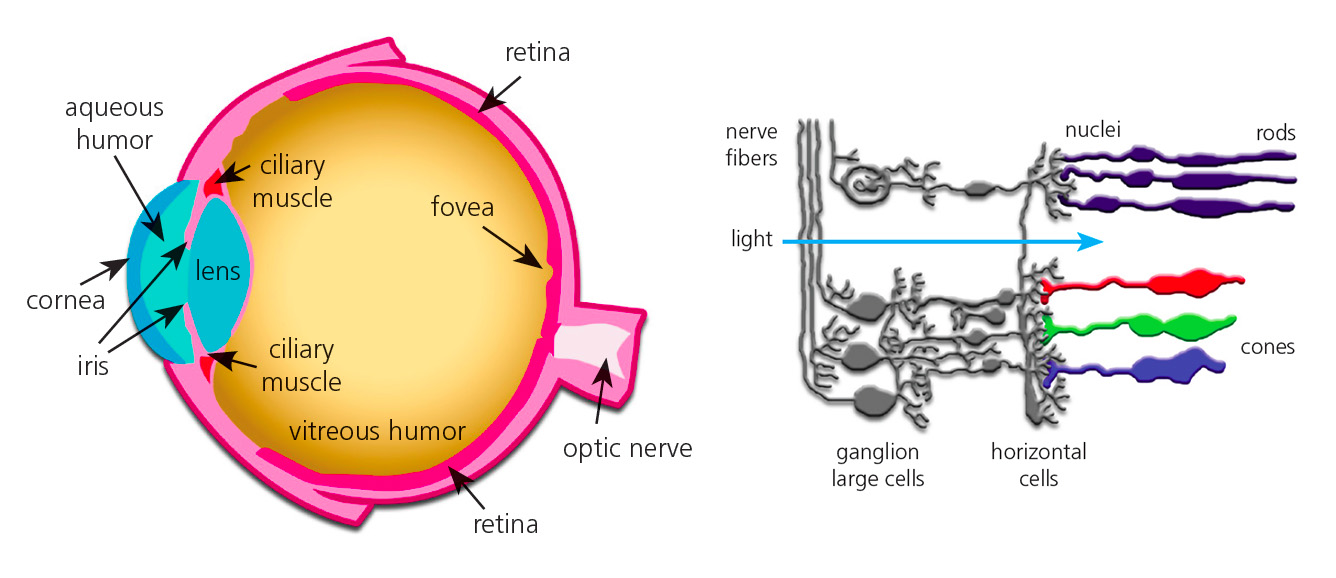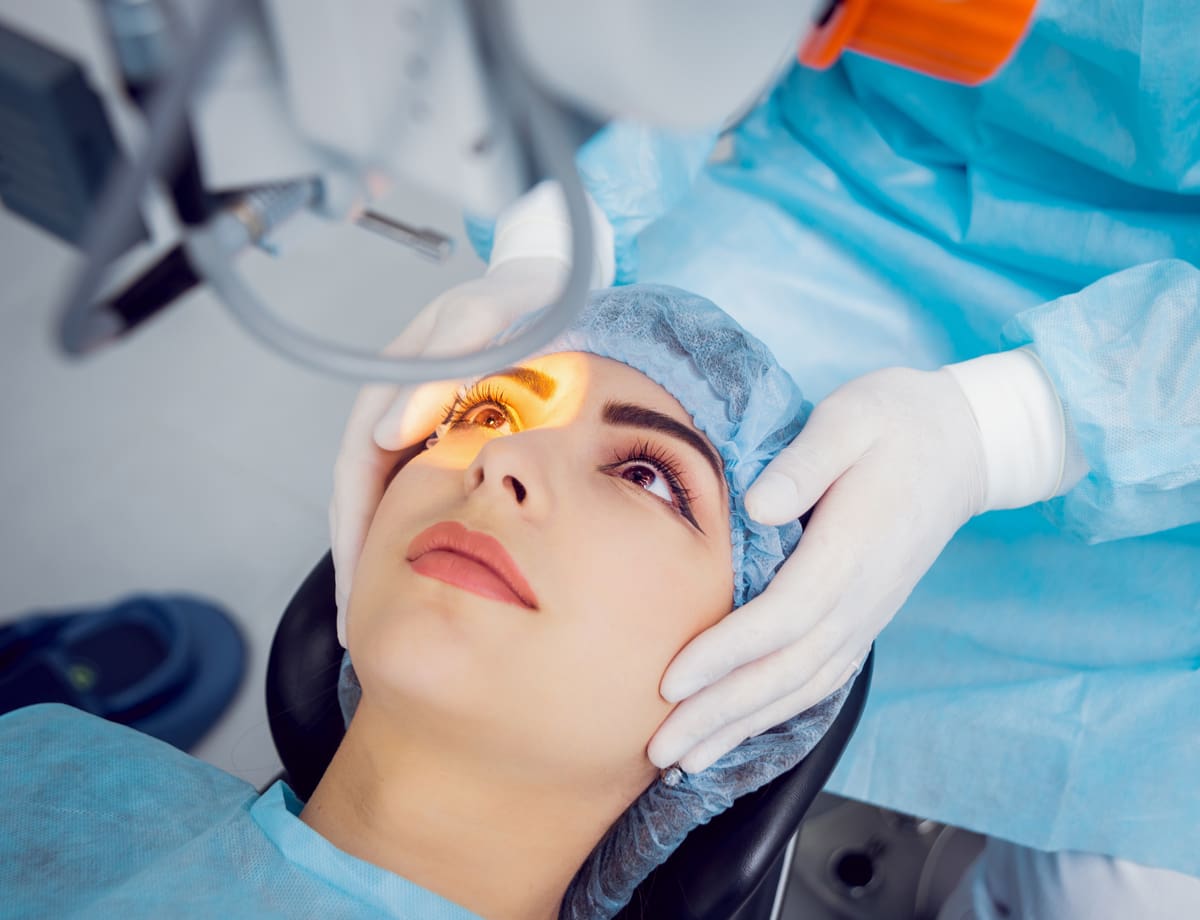The safety of LASIK surgery for individuals with diabetes is a matter that requires careful consideration and evaluation. Here is a detailed response to the question: LASIK, or Laser-Assisted In Situ Keratomileusis, is a popular refractive eye surgery used to correct vision problems like nearsightedness, farsightedness, and astigmatism. However, for individuals with diabetes, there are specific factors and precautions to be aware of when considering LASIK: Diabetes Control: The primary concern with LASIK for individuals with diabetes is the stability and control of their diabetes. Fluctuations in blood sugar levels can affect the cornea’s shape, leading to temporary vision changes and potentially affecting the healing process after LASIK. Stable Vision Prescription: LASIK is most effective for individuals whose vision prescription has remained stable for at least a year. Frequent changes in vision due to uncontrolled diabetes may not make them suitable candidates for the procedure. Blood Sugar Management: Well-controlled diabetes is crucial. If blood sugar levels are not well managed, there can be complications such as delayed wound healing, infection risk, or postoperative vision changes. Pre-Operative Evaluation: A comprehensive pre-operative evaluation by a qualified LASIK surgeon is essential. This evaluation will consider factors like the patient’s diabetes management, overall health, and the specific characteristics of their eyes. Medical Consultation: Collaboration with the patient’s primary care physician or endocrinologist is crucial. The healthcare team needs to ensure that the patient’s diabetes is well managed, and blood sugar levels are stable before, during, and after the surgery. Potential Complications: It’s important to be aware of potential complications or side effects that may be more common in individuals with diabetes. These include slower healing, fluctuations in vision, and dry eye symptoms. Alternative Options: In some cases, if LASIK is not recommended, alternative vision correction procedures, such as PRK (Photorefractive Keratectomy), may be considered.
Individuals with diabetes can potentially undergo LASIK safely, but it depends on the stability and control of their diabetes, as well as individual health factors. A thorough evaluation by an experienced LASIK surgeon and open communication with the patient’s healthcare team are essential to make an informed decision about the safety and suitability of LASIK. The patient’s overall health and the specific characteristics of their eyes will play a significant role in the decision-making process.
Experience exceptional eye care with Dr. Sonia Maheshwari Kothari, the best Ophthalmologist in Mumbai at Clear Sight Eye Care and Laser Center. Schedule your appointment today!




